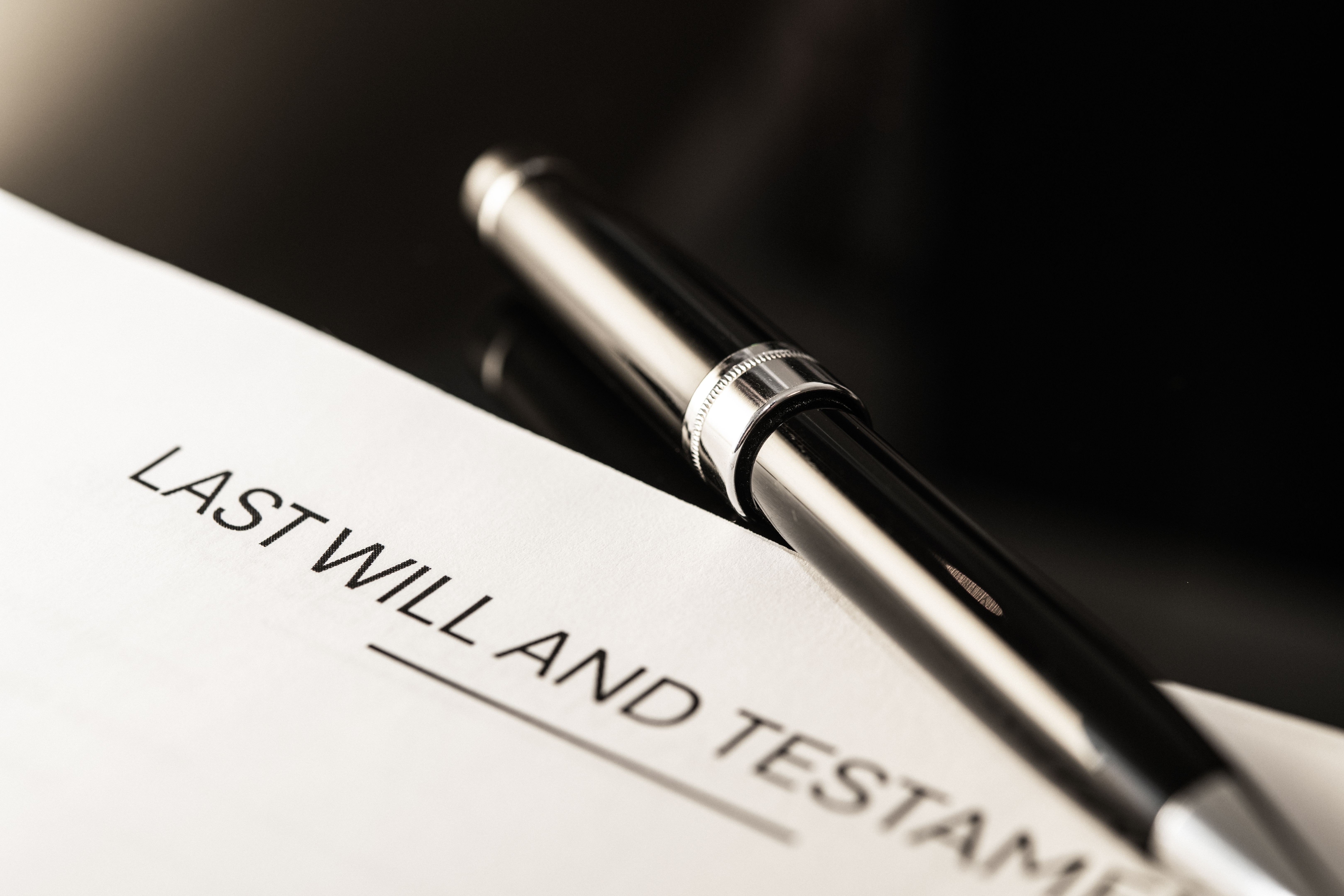Essential Estate Planning Documents for Notarization in Passaic County
When it comes to Estate Planning in Passaic County, having the proper documents notarized is crucial. Notarization helps ensure the authenticity of your documents and can prevent future legal disputes. Understanding which documents require notarization can streamline your estate planning process.

Wills and Trusts
One of the primary documents in estate planning is a will. A will outlines your wishes regarding the distribution of your assets after your death. While New Jersey does not require wills to be notarized, having a self-proving will can simplify the probate process. This involves notarizing an affidavit signed by you and two witnesses.
Trusts, particularly revocable living trusts, are another key component. Notarizing a trust agreement is advised as it enhances the document's credibility and helps avoid potential challenges.
Power of Attorney
A power of attorney (POA) grants someone else the authority to act on your behalf in financial or legal matters. In Passaic County, notarization is essential for a POA to be valid, especially if it's durable, meaning it remains effective even if you become incapacitated. Notarization ensures that the document is legally binding and recognized by institutions.

Healthcare Proxy
A healthcare proxy, or medical power of attorney, allows you to appoint someone to make medical decisions for you if you're unable to do so. While not mandatory, notarizing this document can provide additional assurance to healthcare providers regarding its legitimacy.
Advance Directive
An advance directive, also known as a living will, details your preferences for medical treatment in end-of-life situations. Although New Jersey law doesn't require it to be notarized, doing so can strengthen its validity and compliance with your wishes.

Beneficiary Designations
Beneficiary designations on accounts like life insurance policies, retirement plans, and bank accounts are crucial. While these forms typically don't require notarization, ensuring they are up-to-date and correctly filled out is vital to avoid probate complications.
Importance of Regular Updates
Estate planning is not a one-time event. It's important to regularly review and update your documents to reflect changes in your life circumstances, such as marriage, divorce, or the birth of a child. Notarizing updated documents ensures they are current and enforceable.
In conclusion, while not all estate planning documents require notarization, doing so can provide peace of mind and legal protection. Consulting with an estate planning attorney in Passaic County can help you understand local requirements and ensure your documents are properly prepared and notarized.